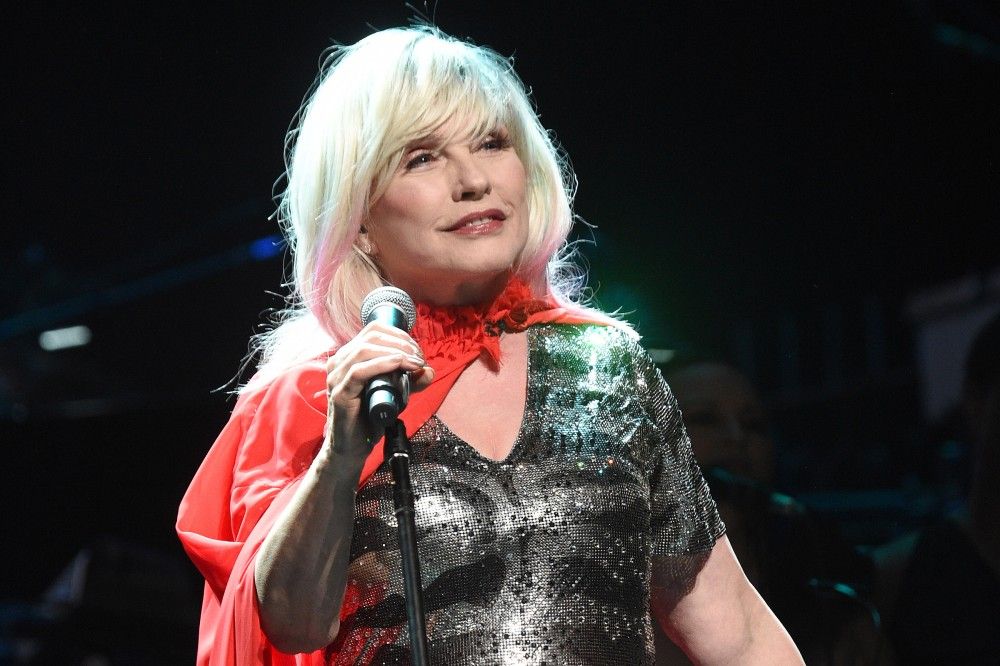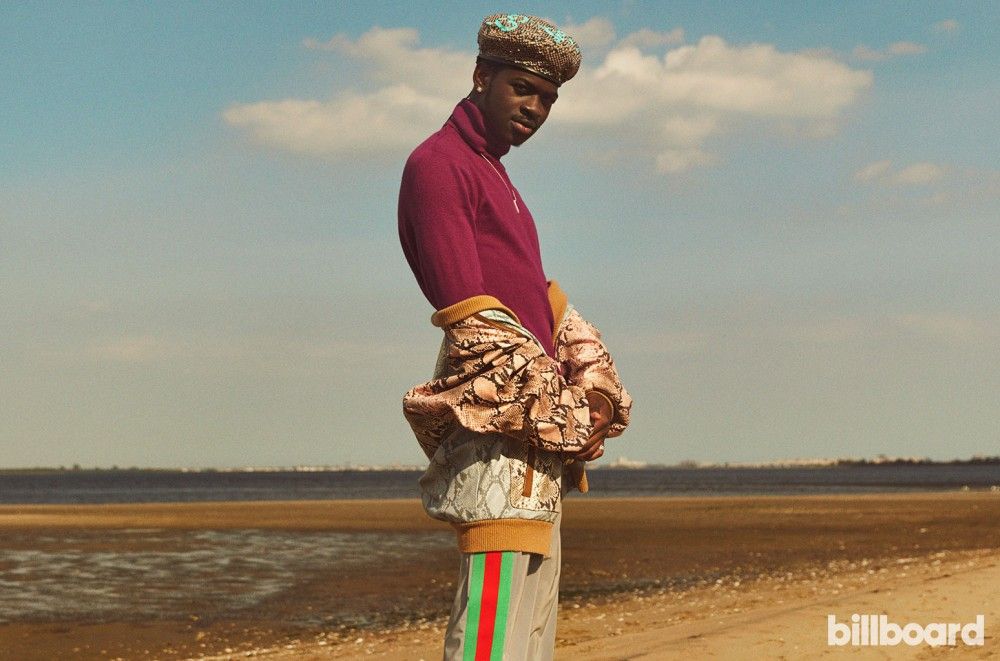
6 Things We Learned in Debbie Harry's Podcast Interview
’s — who recently published the memoir Face It — and Chris Stein stopped by our SiriusXM studio for a loose, fun chat on a recent episode of , where they looked back on their early days and more. To hear the entire interview, press play below or download and subscribe on iTunes or Spotify; some highlights follow.
Harry is slightly embarrassed by “Djini Judy” a song she sang with her early folk-rock group, Wind in the Willows, which survives YouTube.
“I didn’t write the song!” she says. “Don’t blame me for the song! I took the opportunity to sing it. The band was sort of like this baroque folk-rock kind of group. And it was actually started by one of my best friends from high school — her husband started the band, Paul Klein, and he wrote all the material, I believe, and originally I just started singing harmonies and backups and it was very casual. And then it evolved into a recording situation, but recording situations and those days was a lot different than now. So, anyway, Paul recently died, so that’s the end of that.”
The New York Dolls helped convince Blondie that success was unlikely.
“The Dolls were really important to the whole New York scene,” says Stein, “but in a kind of negative way too, because they went out and they failed. Because nobody was ready for them. So that kind of insulated the New York scene a little bit. Everybody was like, “Oh, well, you know, why bother? Nothing’s going to happen with this ever. And maybe that was a good thing.”
Harry was inspired to dye her hair blonde by Marilyn Monroe – and others.
“A lot of us were very taken with the silver screen,” says Harry. “The blonde image. And Marilyn, of course was prime example in those days, in the Fifties and Sixties. So I wanted to sort of bring a more cinematic image to the front of the band, which is was part of that. I think the first song that I wrote with Chris was “Platinum Blonde,” and it says, ‘Marilyn and Jeane, Jayne, Mae and Marlene.” Carole Lombard and some of the earlier ones, too — it was just a very exciting image… We were working on getting a name. And I came in and said, “Oh, why don’t we call it Blondie”?”
“Heart of Glass” wasn’t really intended to be a disco song.
“We were referencing Kraftwerk,” says Stein. “We were much more thinking of the electronica aspect than the disco aspect. It was all about syncing up the rhythm machine to the Roland synthesizer.”
Harry used to like to write to the beat of laundry machines.
“I used to go to the laundromat to get a pulse,” she says. “And I used to do a lot of songwriting and in the laundromat because that thing was going on — a whole room was practically vibrating.”
Blondie will soon be back in the studio for a new album, and Harry is carrying around a notebook full of lyrics in her purse.
“The last one was a lot of outside material,” says Stein. “So the next one will be more of our own stuff. We do have this really awesome Johnny Marr song he wrote for us, so let’s see what happens.”
Download and subscribe to our weekly podcast, Rolling Stone Music Now, hosted by Brian Hiatt, on iTunes or Spotify (or wherever you get your podcasts), and check out two years worth of episodes in the archive, including in-depth, career-spanning interviews with Bruce Springsteen, Halsey, Ice Cube, Neil Young, the National, Questlove, Julian Casablancas, Sheryl Crow, Johnny Marr, Scott Weiland, Alice Cooper, Fleetwood Mac, Elvis Costello, Donald Fagen, Phil Collins, Alicia Keys, Stephen Malkmus, Sebastian Bach, the Pixies, Billy Idol, Tom Petty, Kelly Clarkson, Pete Townshend, Bob Seger, the Zombies, Gary Clark Jr. and many more — plus dozens of episodes featuring genre-spanning discussions, debates and explainers with Rolling Stone’s critics and reporters. Tune in every Friday at 1 p.m. ET to hear Rolling Stone Music Now broadcast live from SiriusXM’s studios on Volume, channel 106



